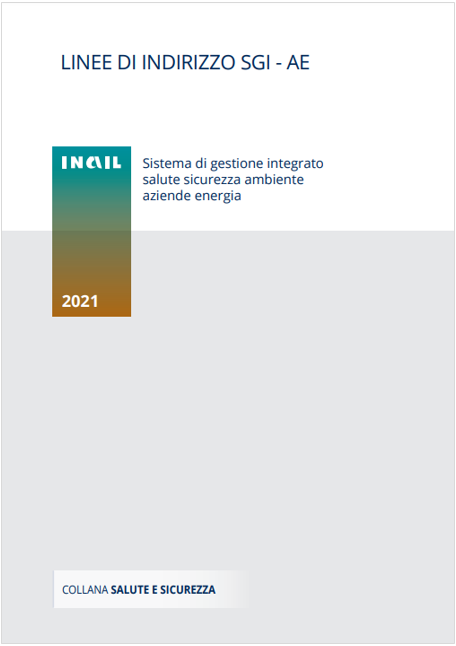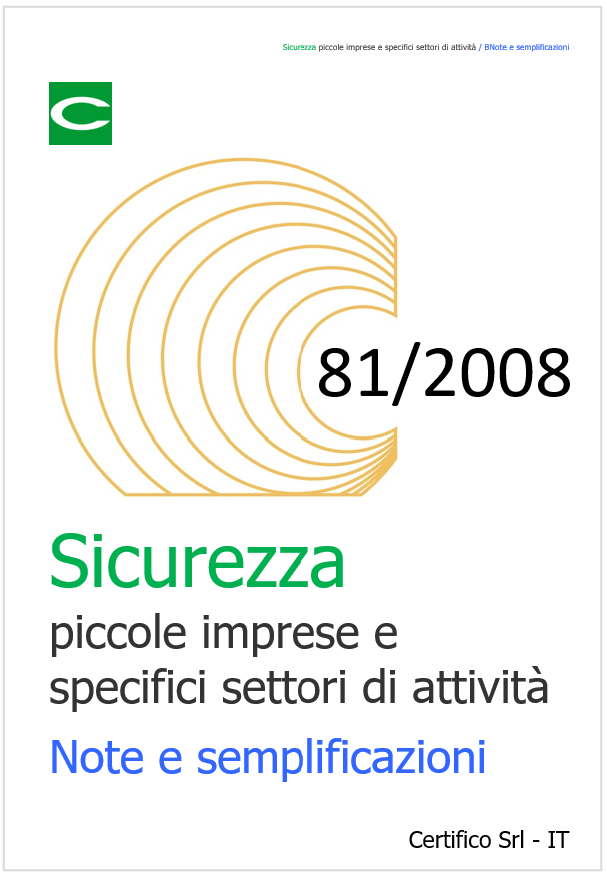// Documenti disponibili n: 46.592
// Documenti scaricati n: 36.663.439
ID 21308 | 06.02.2024
This report is the first in a series of reports replacing Publications 30 and 68 to provide revised dose coefficients for occupational intakes of radionuclides by inhalation and ingestion. The revised dose coefficients have been calculated using the Human Alimentary Tract Model (Publication 100) and a revision of the Human Respiratory Tract Model (Publication 66) that takes account of more recent data. In addition, information is provided on absorption into blood following inhalation and ingestion of different chemical forms of elements and their radioisotopes.
In selected cases, it is judged that the data are sufficient to make material-specific recommendations.
Revisions have been made to many of the models that describe the systemic biokinetics of radionuclides absorbed into blood, making them more physiologically realistic representations of uptake and retention in organs and tissues, and excretion.
The reports in this series provide data for the interpretation of bioassay measurements as well as dose coefficients, replacing Publications 54 and 78. In assessing bioassay data such as measurements of whole-body or organ content, or urinary excretion, assumptions have to be made about the exposure scenario, including the pattern and mode of radionuclide intake, physical and chemical characteristics of the material involved, and the elapsed time between the exposure(s) and measurement.
This report provides some guidance on monitoring programmes and data interpretation.
ICRP, 2015. Occupational Intakes of Radionuclides: Part 1. ICRP Publication 130. Ann. ICRP 44(2).
...
Fonte: ICRP International Commission on Radiological Protection
Collegati

INAIL, 2021
La nuova edizione delle Linee di indirizzo SGI-AE riflette le importanti innovazioni introdotte dalla nuova norma internazionale UNI ISO 45001:2018 “Sistemi di g...

ID 21377 | 17.02.2024 / Documento completo allegato - Download Art. 3 D.Lgs. 81/2008 ann...
Medico competente e promozione delle pratiche vaccinali nei luoghi di lavoro. Un'indagine conoscitiva
INAIL, 2019
Il factsheet fornisce una sin...
Testata editoriale iscritta al n. 22/2024 del registro periodici della cancelleria del Tribunale di Perugia in data 19.11.2024